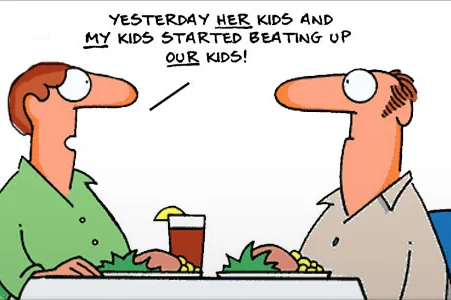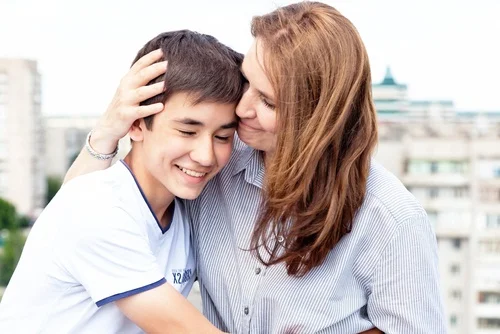+1 845 259 2974 (11 a.m to 7 p.m CST)
Why Time-out is out and Time-in is in

Most adults living in the US ought to be familiar with the concept of “time-out”. Yeah, it’s the same old trick that parents subjected their children to as a means of disciplining them. The method hasn’t gone out of fashion.
Bad behavior in children can be dealt with in many ways. The effectiveness of time-out punishment in disciplining children has been challenged by new studies that imply that “time-in” might actually be a better way to discipline children.
How does this method work? It’s really simple. Observe and learn.
Understanding the Language of Emotions
Children get emotional easily and they never shy away from showing how they generally feel. This is only natural because they are still learning about different emotions and don’t usually have the wisdom to conceal their emotions when necessary.
Since, wisdom comes from high above and takes time to trickle down, how could you help your kids to connect with you even if you’re not wise yet? Pulling the time-out card on your child doesn’t help him/her to cope with or regulate their emotions because they get the message that you care less.
This leads to bottling up of emotions in tweens/teens and literally makes them more like ticking time bombs, ready to explode at the slightest indication.
Time-out Has an Expiry Date
You can’t punish your children with time-outs forever. This sort of punishment comes with an expiry date, depending on the age of your children when they realize that they were being manipulated for nothing.
Now you don’t want your children to make it a habit to oppose you all the time.
Triggering the Defense Mechanism
When you wonder as to how to discipline your child, do keep in mind that ordering your kids to sit in a secluded corner of the room serves no real purpose.
Understand that your child would not really review their behavior and make it better just by sitting in an isolated spot of the house. Rather the child would think of him/herself as a victim who is seldom understood by the elders.
The Power is Yours
The traditional time-out punishment could give rise to a power struggle between parents and their offspring. Repeating this punishment would only aggravate the situation further and could poison the already fragile relationship between you and your child.
In addition, your kids might also start believing that you’re not really on their side, thus leading them towards adopting deviant behavior.
Irreparable Damage
Contemporary wisdom suggests that time-outs don’t teach kids how to solve problems and mend broken relationships. This happens because you might not be truly playing your role as a parent.
Parents teach children to recognize their mistake and make amendment to their behavior. It’s always better to help kids out in such situations rather than to subject them to harsh punishment.
Limited Vocabulary
The most important part of communicating with children is to understand the fact that they cannot express their feelings and emotions because they are short of words. They are still learning new words that aptly describe the world around them.
Help your kids by giving them the margin to say the exact words that would define their emotional state at that time and don’t forget to deal them with love and compassion. Also help them laugh more because laughter is the best medicine, no doubt about it.
Hear Them out
Instead of asking your conflicted children about what’s wrong, you can choose to remain silent and just listen to what the kids have to say. This would help the kid to unload their fears and lighten up their heart a bit.
Time-in enables you to connect with your children and tend to their physical and emotional needs. You’re also helping them understand their emotions better and learn problem-solving skills. Try it out some day on your own.























